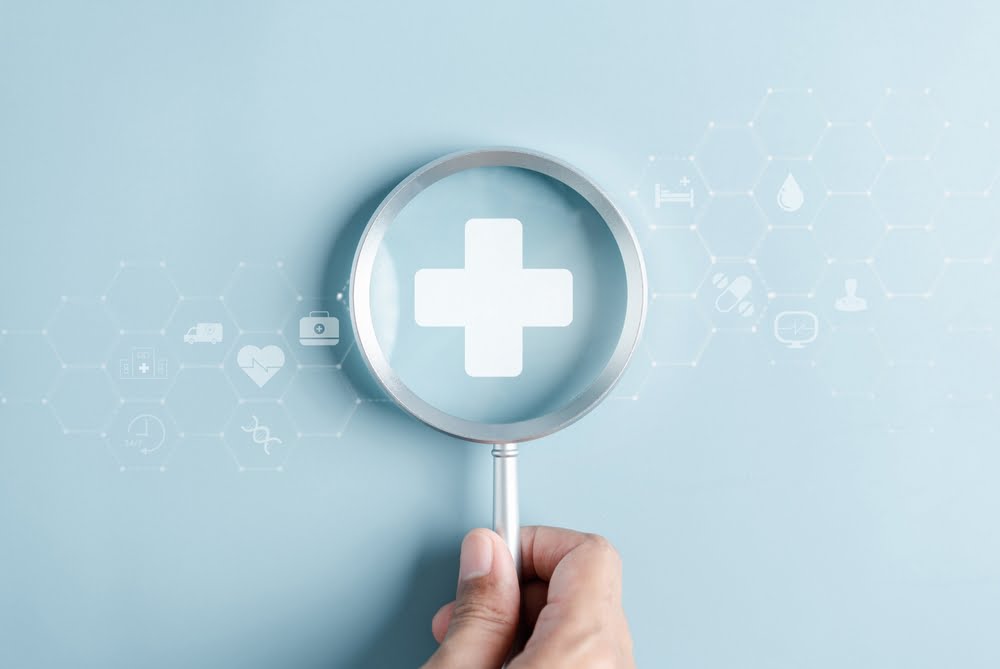A hospital cash back plan is a type of insurance where you’re paid out a daily cash amount (usually in a lump sum) should you spend time in hospital. In contrast, a hospital plan as part of a medical aid scheme covers the costs of in-hospital or emergency treatment you may need. Whether your hospital fees will be covered in full, or whether you’ll need to make a co-payment as part of your hospital plan, will depend on the specific provider you’re with and the plan you’re on.
More about hospital cash back plans
Money from a hospital cash back plan is meant to compensate you for not being able to work and earn money while you’re in hospital, and the amount won’t cover the costs of your medical treatment. These plans usually only pay out from the fourth day you’re admitted to hospital, and you can use the money for anything you want, whether it is affording grocery bills or paying for school fees.
More about hospital plans
Hospital plans like those offered by Fedhealth are one of the most basic and essential forms of medical aid. Typically, these kinds of plans mainly cover the treatment costs if you’re admitted to hospital such as ward costs, theatre fees, and accounts from other in-hospital providers such as anaesthetists or radiologists. Many people start out on a hospital plan when they are young, fit and single and don’t foresee many medical expenses. Then, as they get older and have more dependants, they move on to more comprehensive medical aid options.

